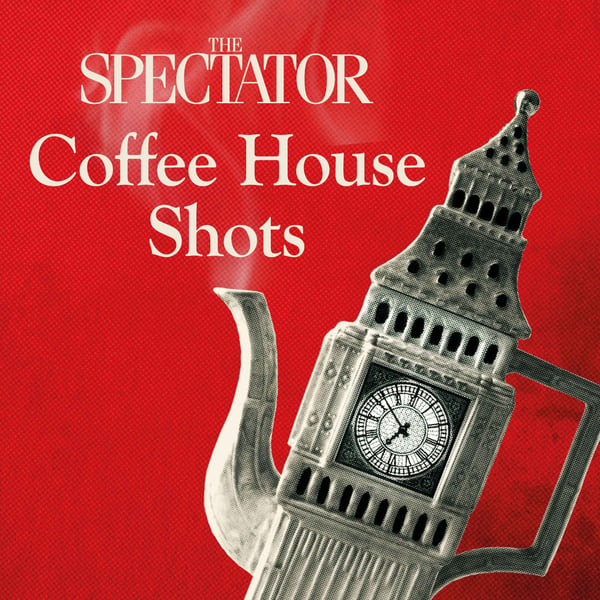Is the world safer than in 1945?
Coffee House Shots
The Spectator
4.4 • 2.1K Ratings
🗓️ 16 August 2025
⏱️ 12 minutes
🧾️ Download transcript
Summary
80 years ago this week Japan surrendered to the allies, ushering in the end of the Second World War. To mark the anniversary of VJ day, historians Sir Antony Beevor and Peter Frankopan join James Heale to discuss its significance. As collective memory of the war fades, are we in danger of forgetting its lessons? And, with rising state-on-state violence and geopolitical flashpoints, is the world really safer today than in 1945?
Produced by Patrick Gibbons.
Become a Spectator subscriber today to access this podcast without adverts. Go to spectator.co.uk/adfree to find out more.
For more Spectator podcasts, go to spectator.co.uk/podcasts.
Contact us: [email protected]
Transcript
Click on a timestamp to play from that location
| 0:00.0 | Hi, this is Ava from Vanta. In today's digital world, compliance regulations are changing constantly, |
| 0:07.1 | and earning customer trust has never mattered more. Vanta helps companies get compliant fast and stay |
| 0:12.9 | secure, with the most advanced AI automation and continuous monitoring out there. So whether |
| 0:17.8 | you're a startup going for your first SOC 2 or ISO-27,001, or a growing |
| 0:22.2 | enterprise managing vendor risk, Banta makes it quick, easy and scalable. And I'm not to say |
| 0:27.3 | that because I work here. Get started today at banta.com. |
| 0:40.3 | Hello and welcome to coffeehouse shots. I'm James Seale and I'm joined today by the historians Anthony Beaver and Peter Frank Pan. |
| 0:45.4 | Now this weekend it marks 80 years since the end of the Second World War. |
| 0:49.3 | So Anthony, how do you think our memory, a collective memory of that, has changed in the intervening decades since that occasion? |
| 0:55.0 | Well, I think we're in a very, very strange moment. |
| 0:58.0 | History is seldom tidy, and normally there are overlaps and unfinished business stretching |
| 1:04.0 | from one era to another. But suddenly, 80 years, as we are now, after the end of the Second World War, which established an international |
| 1:13.2 | order of respect, sovereignty, and for borders, we're facing a guillotine moment, which cuts us off |
| 1:19.9 | completely from the past. We're back to the 1930s idea of dictators that might is right. |
| 1:27.1 | And I wonder, Peter, I mean, it's not just |
| 1:28.3 | of course, in terms of military power as well. We see all across the globe the kind of tenants at the post-war era, however good or by they may have been, but seemingly collapse. You know, you look, for instance, at the kind of post-Bresson-Woods financial system, what remains of that, you see, look at the ECHR. Why do you think now so many kind of these |
| 1:45.3 | shibbolists, these great institutions of that era are now being challenged? Well, I think the first |
| 1:49.4 | thing is that who they're being challenged by. I mean, I think that most people recognize that |
| 1:53.4 | there's a sort of new axis emerging. And it's a very loose grouping, I suppose, bricks or, you know, |
| 1:59.0 | bricks plus places like China, Russia, Iran, India, |
| 2:02.7 | Brazil, asking for greater sharing global governance. But I think it's important to note that |
| 2:08.2 | it's not just coming from developing world or from autocracies. When Mark Carubio is being sworn in |
... |
Transcript will be available on the free plan in 21 days. Upgrade to see the full transcript now.
Disclaimer: The podcast and artwork embedded on this page are from The Spectator, and are the property of its owner and not affiliated with or endorsed by Tapesearch.
Generated transcripts are the property of The Spectator and are distributed freely under the Fair Use doctrine. Transcripts generated by Tapesearch are not guaranteed to be accurate.
Copyright © Tapesearch 2025.

